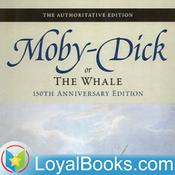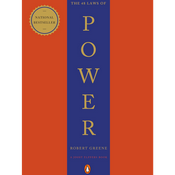24 episodes

The Odyssey by Homer - Book 24
2024/9/29 | 30 mins.

The Odyssey by Homer - Book 23
2024/9/29 | 20 mins.

The Odyssey by Homer - Book 22
2024/9/29 | 24 mins.

The Odyssey by Homer - Book 21
2024/9/29 | 22 mins.

The Odyssey by Homer - Book 20
2024/9/29 | 22 mins.
More Arts podcasts
Trending Arts podcasts
About The Odyssey by Homer
The Odyssey is one of the two principal epic poems of ancient Greece, traditionally attributed to Homer. Often viewed as a continuation of the narrative set forth in the Iliad—the other Homeric epic—it holds a vital place in the Western literary canon. While the Iliad is considered the oldest extant work of Western literature, The Odyssey ranks as the second oldest. Scholars generally date its composition to the late 8th century BC, likely in Ionia, the coastal region of Anatolia. The poem centers on the adventures of Odysseus (known as Ulysses in Roman mythology), the king of Ithaca, and his arduous journey home following the fall of Troy. After enduring a ten-year Trojan War, it takes Odysseus another decade to return to Ithaca. During his long absence, many assume that he has perished, leaving his wife Penelope and his son Telemachus to contend with a band of unruly suitors—the Mnesteres or Proci—who vie for Penelope's hand in marriage. Summary by Audiobook Haven
Podcast websiteListen to The Odyssey by Homer, Die Storiekas and many other podcasts from around the world with the radio.net app

Get the free radio.net app
- Stations and podcasts to bookmark
- Stream via Wi-Fi or Bluetooth
- Supports Carplay & Android Auto
- Many other app features
Get the free radio.net app
- Stations and podcasts to bookmark
- Stream via Wi-Fi or Bluetooth
- Supports Carplay & Android Auto
- Many other app features


The Odyssey by Homer
Scan code,
download the app,
start listening.
download the app,
start listening.



























![Podcast How to Win Friends and Influence People [Deluxe Edition]](https://za.radio.net/podcast-images/175/how-to-win-friends-and-influence-people-deluxe-edition.jpeg?version=df6518b8dae04f7a06cec5fb05313754b911acd1)









